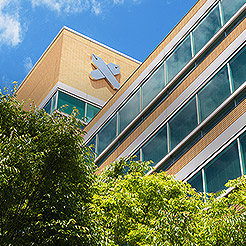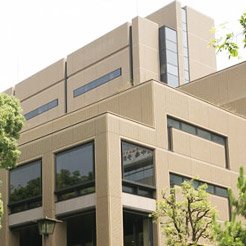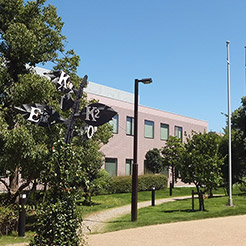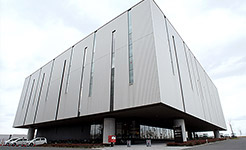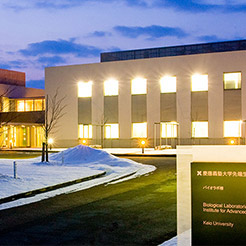
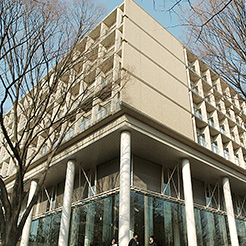
A Comprehensive Education and Research Center for the Future of the Humanities and Social Sciences
Mita Campus is home to the undergraduate faculties of the humanities and social sciences (mainly years 3 and 4), six graduate schools, and an array of independent research facilities.
Hiyoshi Campus is home to the undergraduate faculties of the humanities, social sciences, and natural sciences (mainly years 1 and 2), as well as three graduate schools and other research facilities. These two campuses form the core of Keio’s comprehensive research practices.
Related Links

